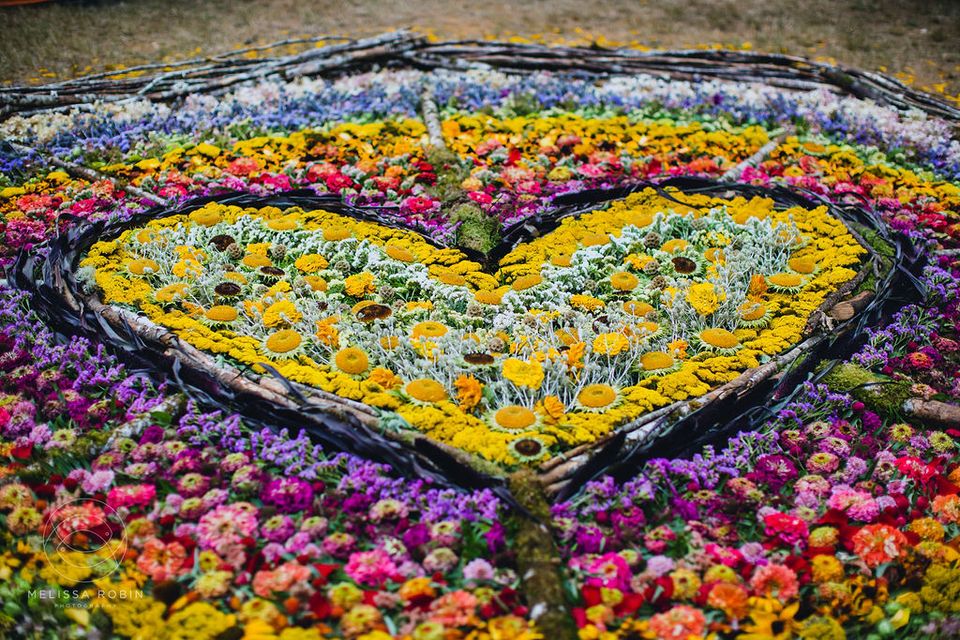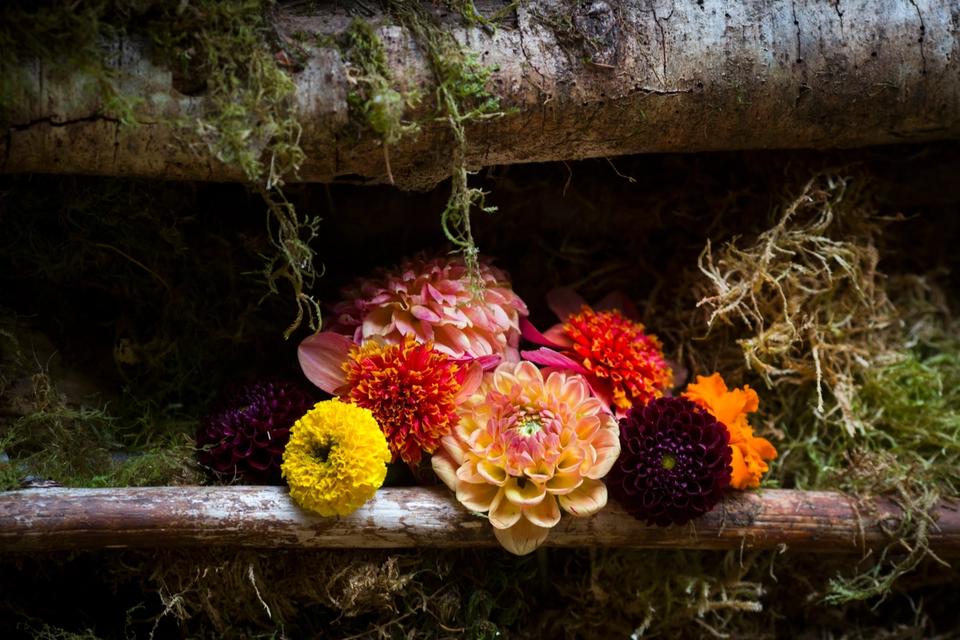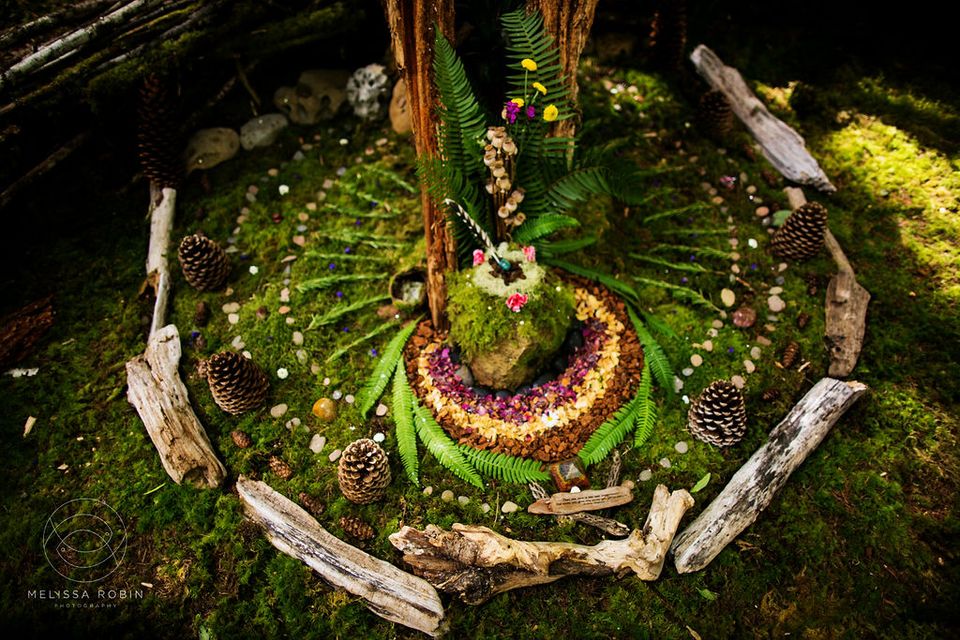Vision
A Braver Space
Now more than ever,
WE LONG TO BELONG.
We gather with a vision
for a new world
in which everyone belongs.
Holding this image
creates more capacity
for each of us to support
the creation of this
NEW WORLD.
_
We are creating community agreements that make our spaces not just safer but braver.
The distinction is in how we promise to show up both in love and in conflict: with the vow to keep an open heart, an elastic mind, and a commitment to learning.
Brave spaces also ask that we tend properly to our nervous systems so we may become the containers that can hold the depth, complexity, shame, and grief of the times in which we find ourselves.
It is never a question of, “if there is harm.” It is always a question of, “when harm happens, how will we face it together?”
_
“In order to build the movements
capable of
transforming our world,
we have to
do our best to live
with one foot in the world we have not yet created."
–Aurora Levins Morales
()

We acknowledge that dominant culture in North America is ill-equipped to reckon with the widespread nature of centuries of diverse traumas unfurling everywhere, from social media to our own communities.
In this way, perhaps our reach exceeds our grasp. We do believe, however, that transformation is possible and that we all must proceed as if each and every one of us is needed.
The word “vow” comes from an ancient word that meant “I pray.”
()
BRAVER SPACE
VOWS
We Vow To
Honor consent. We vow to respect the physical, mental, energetic, psychic, and emotional boundaries set by our community members. We understand that if others do not offer us their enthusiastic consent, then it is our responsibility to enthusiastically honor their boundaries and to refrain from engaging with them without their explicit permission. We understand that consent is verbal and non-verbal and we understand that we do not have the right to touch anyone who does not extend that right to us directly.
We Vow To
Accept accountability for what we say and do. We agree to prioritize the impact of our actions over our intentions. We work to correct any harm we might cause. We hold ourselves and others accountable and call for the support of event staff as needed.
We agree to consider apologies as a four step spectrum: self-reflection, apologizing without excuse or blaming others for holding us accountable, repair (doing the necessary work to understand our impact), and behavior change. We eschew punitive justice and disposability in favor of transformative, healing justice for which the entire community is responsible. In this way, we agree to be village-minded when approaching conflict and the duty of repair.
We Vow To
Look out for one another. If we observe harmful behavior or interactions where mutual consent is unclear or directly violated, we bring our concern to light by compassionately checking in with the person who may need our support. We draw on the support of friends, fellow attendees, and event staff when needed. Use our incident report form if you need our support.
*
“What makes a community or individual
resilient
is not self-mastery or will – it is the
quality, strength, and inclusivity
of our
relational bonds.”
–Lucién Demaris
()

We Vow To
Honor sacred music and sacred cultural practices from global communities, indigenous communities and communities of color.
We Vow To
Challenge systems of racism, sexism, ableism, sizeism, fatphobia, transphobia, queerphobia, classism, and any and all other forms of oppression established to marginalize, exclude, and erase bodies, identities, and narratives within our communities.
We Vow To
Embrace the vulnerability that comes with the radical practice of empathy and accountability.
We Vow To
Take responsibility for the energy we bring into the space, and for unpacking our own biases, and unintegrated emotional ‘shadow’ material.
___
__
_
CONSENT
Violations of consent will not be tolerated in our spaces. Please speak with any staff person at an event and if you need support, please contact us. We will follow your lead and work with you to try to make sure it does not happen again and that you continue to feel safe at our events.
*
Beloved has a zero tolerance policy for harassment of any kind
including but not limited to: race, color, national origin, gender identity, gender presentation, sexual orientation, age, body size, disability, appearance, religion, citizenship, pregnancy.
*
Harassment includes but is not limited to: stalking, verbal or physical intimidation, offensive verbal comments, physical assault and/or battery, harassing or non-consensual photography or recording outside Beloved’s terms and conditions, bathroom or affinity space policing, inappropriate physical contact, unwelcome physical attention.

___
WE CALL ON MEMBERS OF OUR COMMUNITY TO
EXPAND THEIR AWARENESS
OF HOW THE MANY FORMS OF
POWER AND PRIVILEGE
SHAPE OUR RELATIONSHIPS.
___
EQUITY PRICING
"Oregon has a long, well documented history of racism that is reflected in public policy. These policies and over 150 years of practices are a root cause of the persistent economic, political, social and health disparities facing Oregon’s communities of color."
- Facing Race Report, 2015
We introduced the BIPOC (Black, Indigenous, and/or People of Color) ticket type to center these historically marginalized communities. The ticket type stands as one of many steps in our commitment to dismantle structural racism in the name of love, liberation, and our experience that we are not separate from each other. We offer these tickets to honor our commitment to truly whole, relational models of care and culture for all.
Thirteen years ago, Beloved Festival began on the Oregon Coast as an event dedicated to imagining new models for healthy culture through sacred music and healing movement. Here's our truth: in the past, we, as an organization, avoided, delayed, and postponed doing anti-racism work. We acknowledge our complicity in this harm and we will do better. As the organizers of sacred arts, we recognize that the individual and collective healing that we aim to facilitate will not be possible without confronting harm; and one of the greatest harms that exists in our world today is the systemic erasure and marginalization of communities of color.
We understand no one is born with an in-depth understanding of oppression and yet as we know better, we commit to doing better. We have much to learn and we dedicate ourselves to being as harm reductive as possible; acknowledging our mistakes in a spirit of care, accountability, and justice.
RESOURCES
Harm Reduction: Harm reduction is a philosophy of living, surviving and resisting oppression and violence that centers self-determination and non-condemning access to an array of options.
Harm reduction is a set of practices that has been gifted to us by Queer and Transgender people of color, drug users, people in the se trade and survivors of the HIV/AIDS epidemic. Harm reduction is not a public health invention or a social work intervention, even though it has been used effectively in those fields. –Fumbling Towards Repair, A Workbook for Community Accountability Facilitators
Transformative Justice: Transformative Justice (TJ) seeks to provide people who experience violence with immediate safety and long-term healing and reparations while holding people who commit violence accountable within and by their communities. TJ centers survivor safety, healing, and agency. TJ centers the goals of accountability and transformation of those who abuse or cause harm. TJ centers the goals of community response and accountability. TJ is the transformation of the community and social conditions that create and perpetuate violence – systems of oppression, exploitation, domination, and state violence. – Generation FIVE, Fumbling Towards Repair
TJ is “a way to respond to violence within our communities in ways that 1) don’t create more harm and violence and 2) actively work to cultivate the very things that we know will prevent violence, such as accountability, healing, trust, connection, safety.” –Mia Mingus, disability justice organizer
_
“Transformative Justice
recognizes that
oppression is at the root of all forms of harm,
abuse, and assault.
As a practice it therefore aims to address and confront those oppressions
on all levels
and treats this concept as an integral part to
accountability and healing.”
–Philly Stands Up
_
Healing Justice: Healing Justice means we all deserve to heal on our terms and we confront oppressive systems that get in our way. We honor the trauma and resilience of generations that came before us and use interactive, daily practices that anyone can do. Healing Justice is a reminder to social movements that the concept of action should be expanded to support the self-determination, interdependence, resilience & resistance of those most impacted by oppression. Healing Justice is revolutionary in confronting the capitalist, colonial, individualistic paradigms that tell us we are alone when we seek out healing. – definition taken from Young Women’s Empowerment Project and the Chicago Healing Justice Learning Circle.
See also: